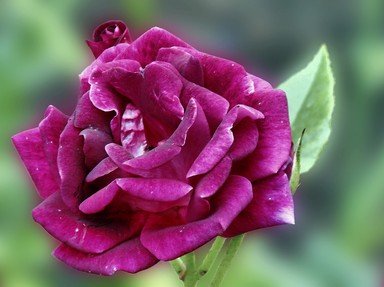Quiz Answer Key and Fun Facts
1. "A rose by any other name (would smell as sweet)" originally came from which Shakespearean play?
2. If something is "Moonlight and roses," how might one describe it?
3. If "the bloom is off the rose," what does that mean?
4. The music group Poison can tell you that "Every Rose Has Its Thorn," but what does that mean?
5. If you see the world through rose-colored glasses what does that mean?
6. If something is "no bed of roses," what does that mean?
7. Why would someone tell you that he or she "never promised you a rose garden"?
8. If someone tells you to pin a rose on your nose what is their tone going to be?
9. "Stop and smell the roses" means the person saw some roses and wants you to enjoy the fragrance.
10. From what Broadway musical did the expression "Everything's coming up roses" originate?
Source: Author
Ilona_Ritter
This quiz was reviewed by FunTrivia editor
agony before going online.
Any errors found in FunTrivia content are routinely corrected through our feedback system.
